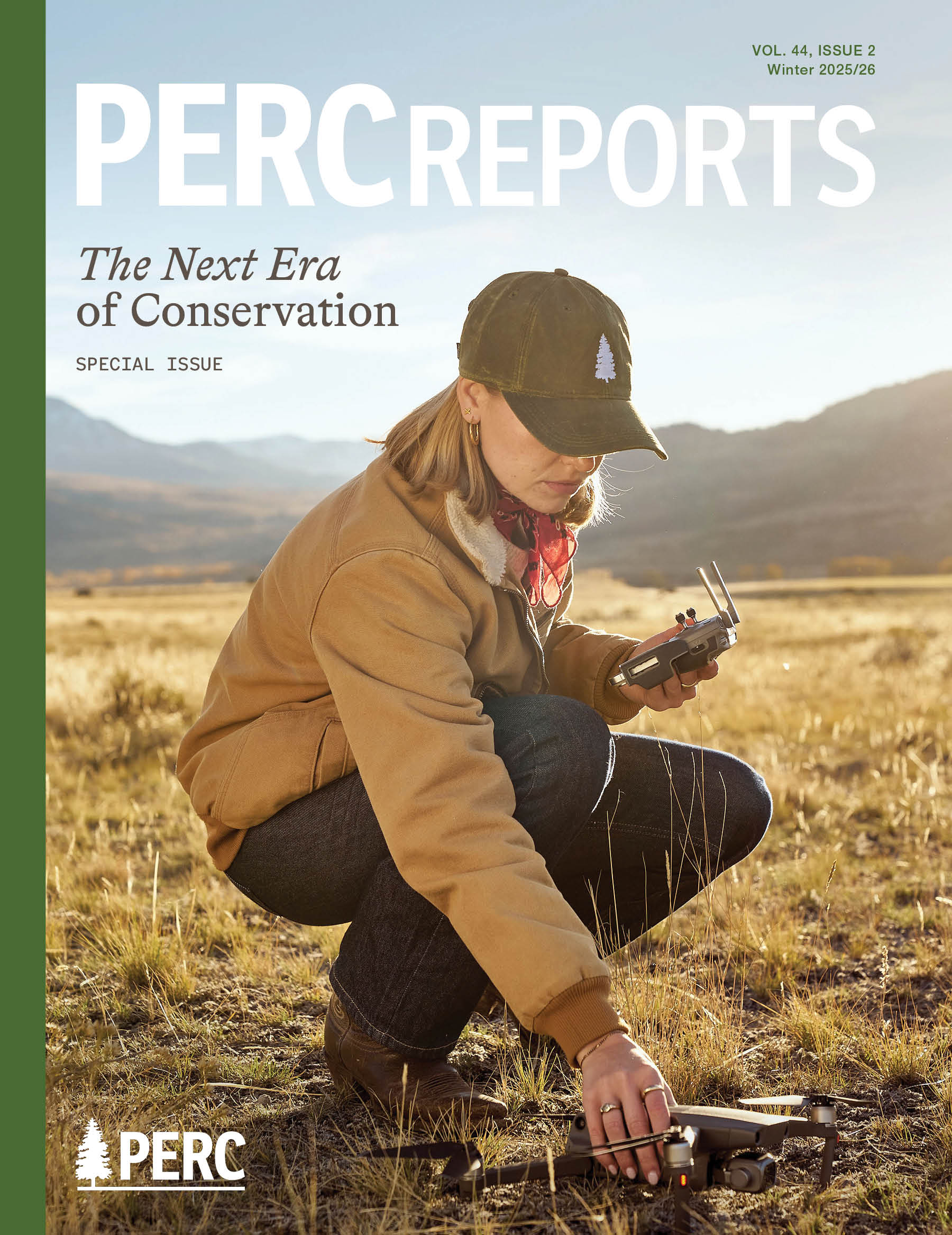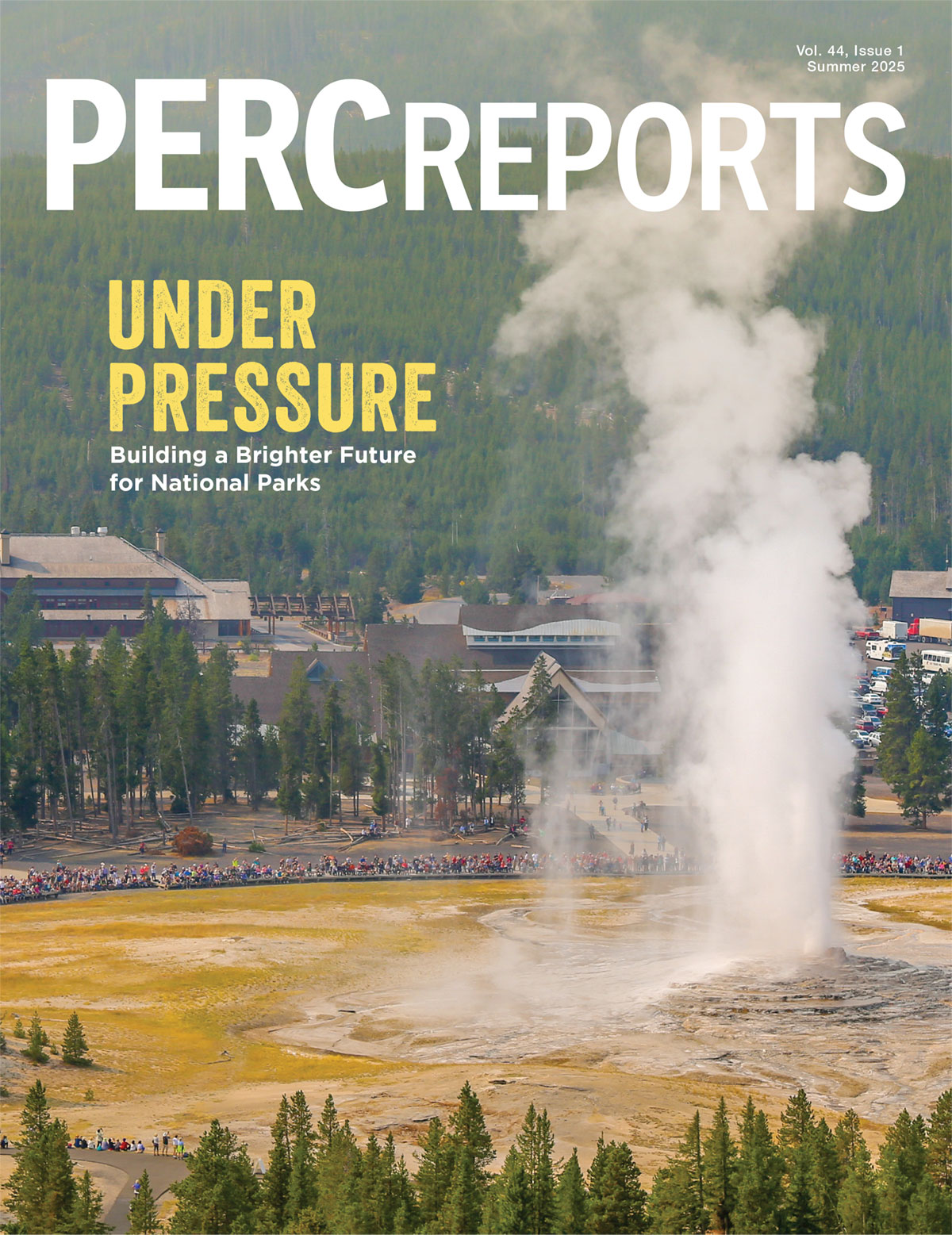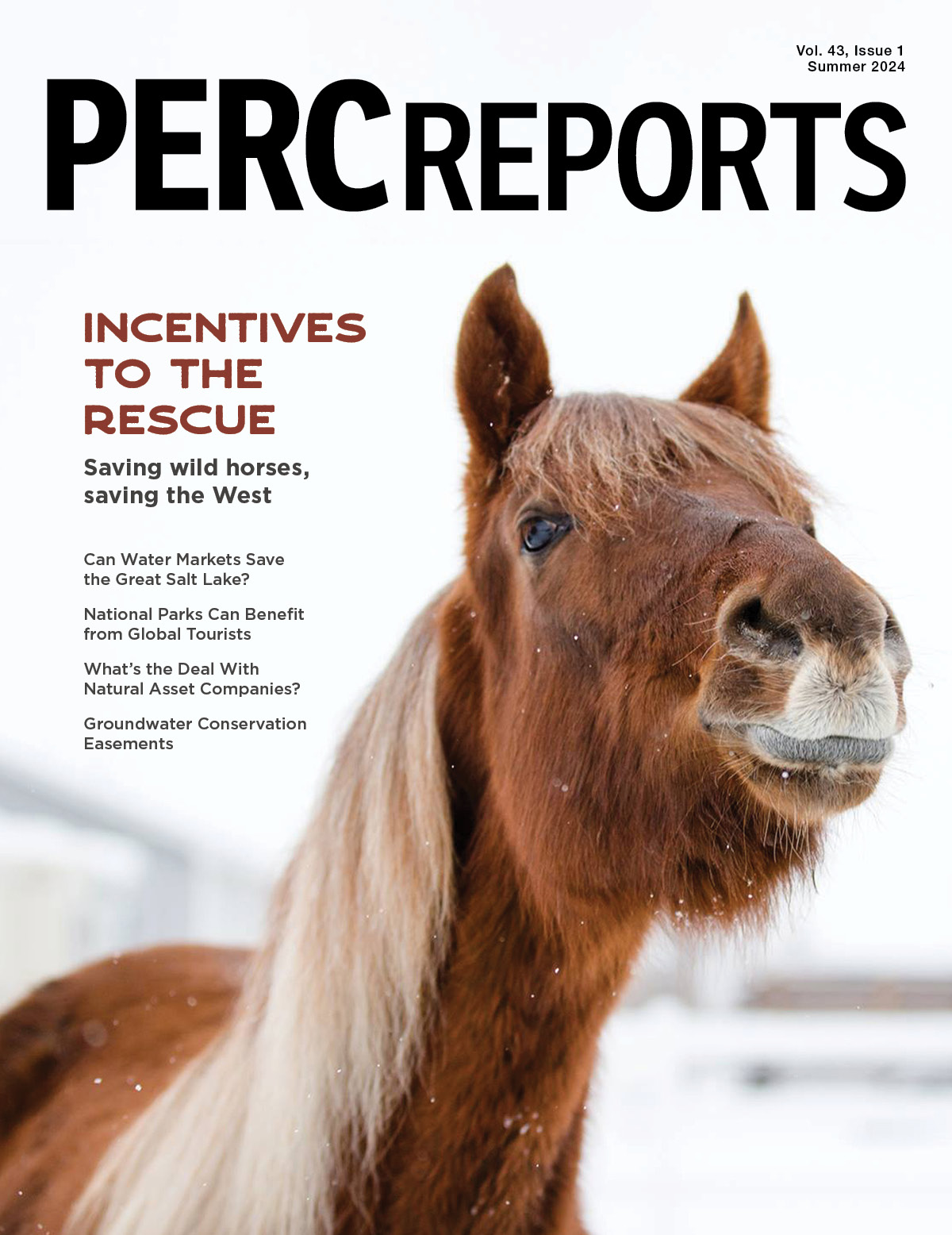
Volume 25, No.4, Winter 2007
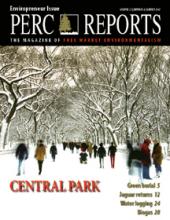
IN THIS ISSUE


Seeing Spots
A jungle story Conjure an image of hunting prowess in dark, steamy jungles and a jaguar might leap into mind. Ancient Mayans, in fact, celebrated him as a deity. Like all large predators, jaguars evoke fear, awe, and respect—sometimes simultaneously. While jungle stories and legends abound, and the magnificent creatures indeed inhabit lush, greenContinue reading "Seeing Spots"
Read more
Market-Friendly Environmentalism in Midtown Manhattan
How private management has improved New York City's Central Park
Read more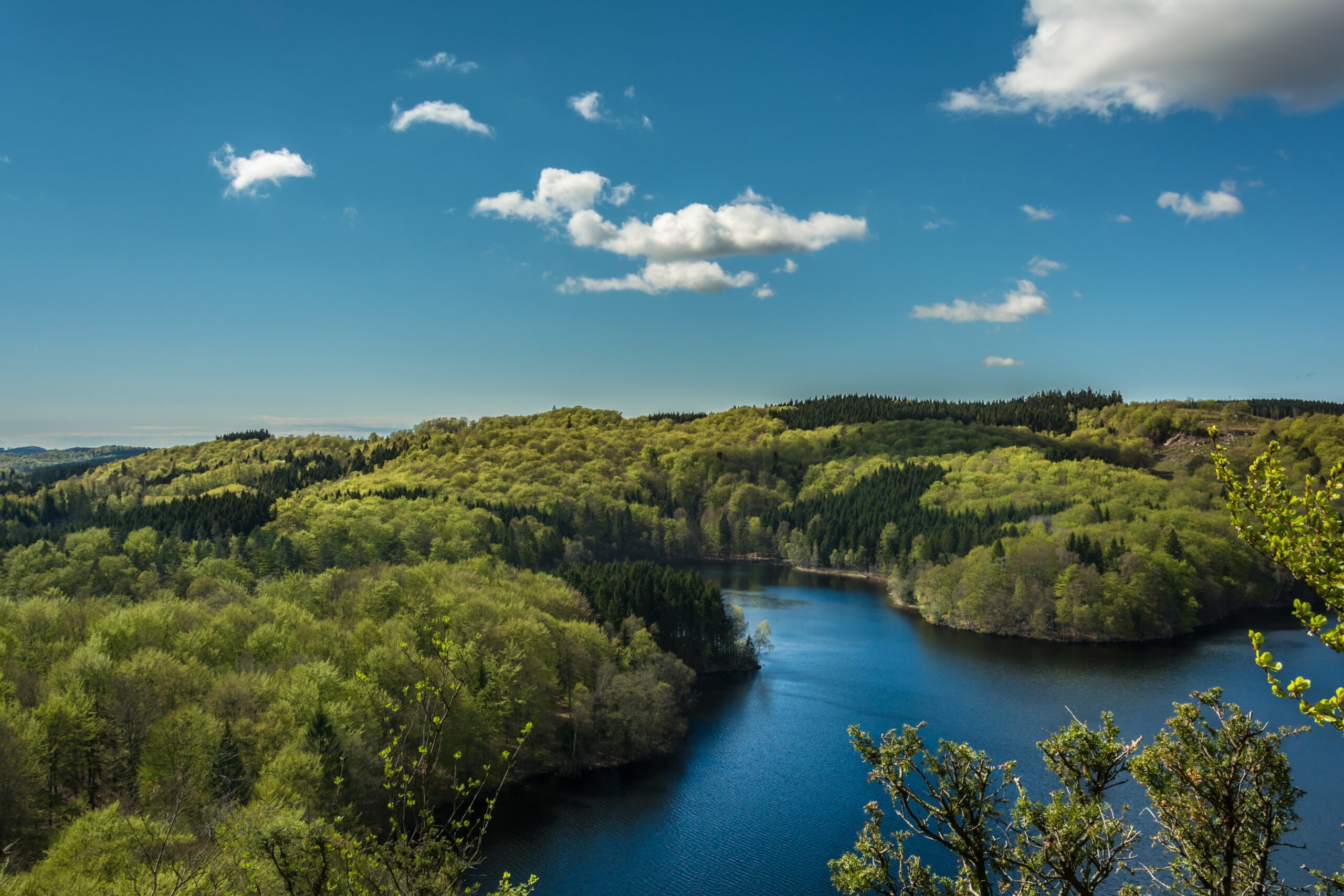
Water Logged
It is the holy trinity of the new Green Economy–a company which improves the health of the natural ecosystem, makes places safer for people, and at the same time makes a profit. Tritom Logging Inc., of Victoria, British Columbia, is positioning itself to achieve all three. For much of the past century, decisions haveContinue reading "Seeing Spots"
Read more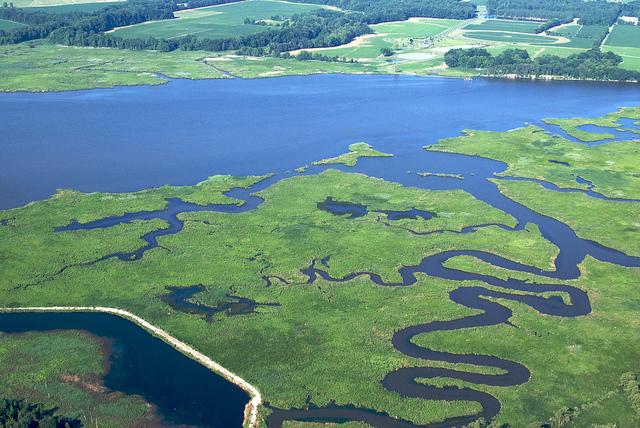
Transforming Pollution Into Profits
Every year, Thailand’s largest agroindustrial companies discharge approximately 175 million cubic meters (6.18 billion cubic feet) of water into open air lagoons, polluting stream, rivers, bays, and water tables. The discharge, a byproduct of the agroprocessing industry, contains agricultural pollutants such as manure, sewage sludge, and polluted wastewater. The wastewater also contains several greenhouse gases,Continue reading "Seeing Spots"
Read more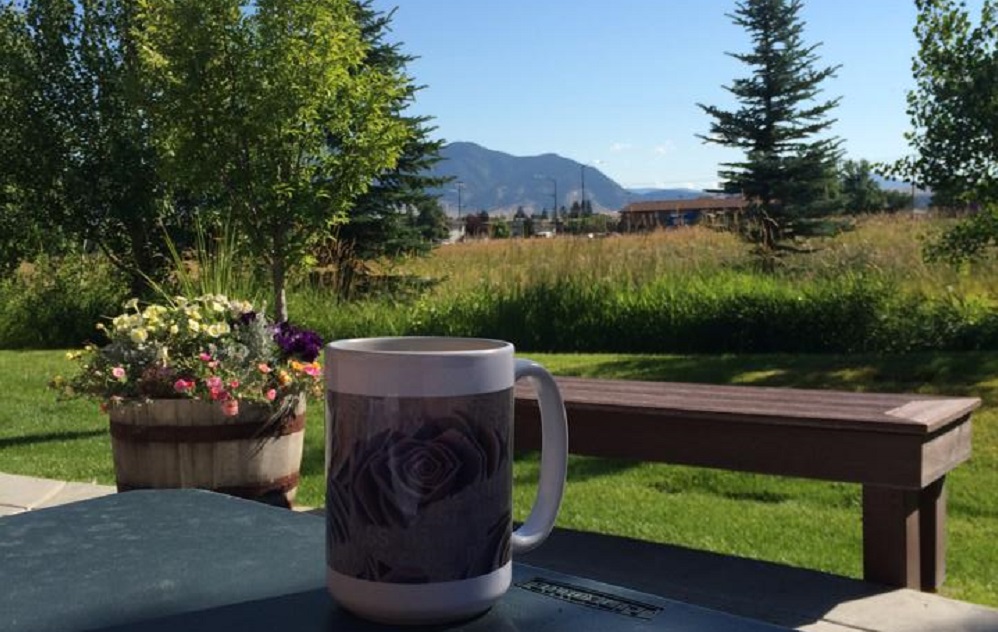
Get 'er Done
When PERC started in 1980, it was a small think tank. People at PERC did research and published it in academic journals and university press books. Mainstream for us was having op-eds in newspapers—even some in the Wall Street Journal. As PERC matured, we knew that we were having an impact on the academy, butContinue reading "Seeing Spots"
Read more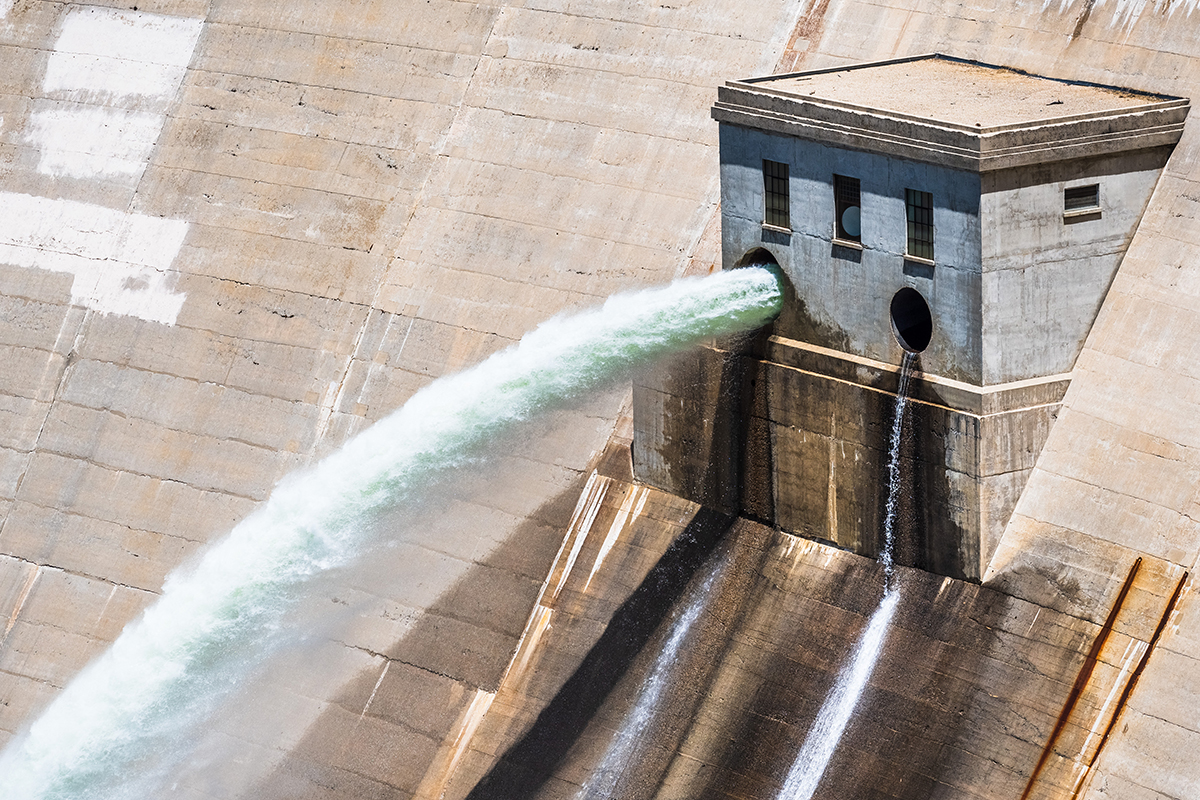
Dams:
ECONOMIST, n. a scoundrel whose faulty vision sees things as they really are, not as they ought to be.—after Ambrose Bierce Dams are often touted as engines of economic development, able to markedly reduce poverty. Irrigation made possible by dams, for example, is said to increase agricultural productivity and thus per capita income. But itContinue reading "Seeing Spots"
Read more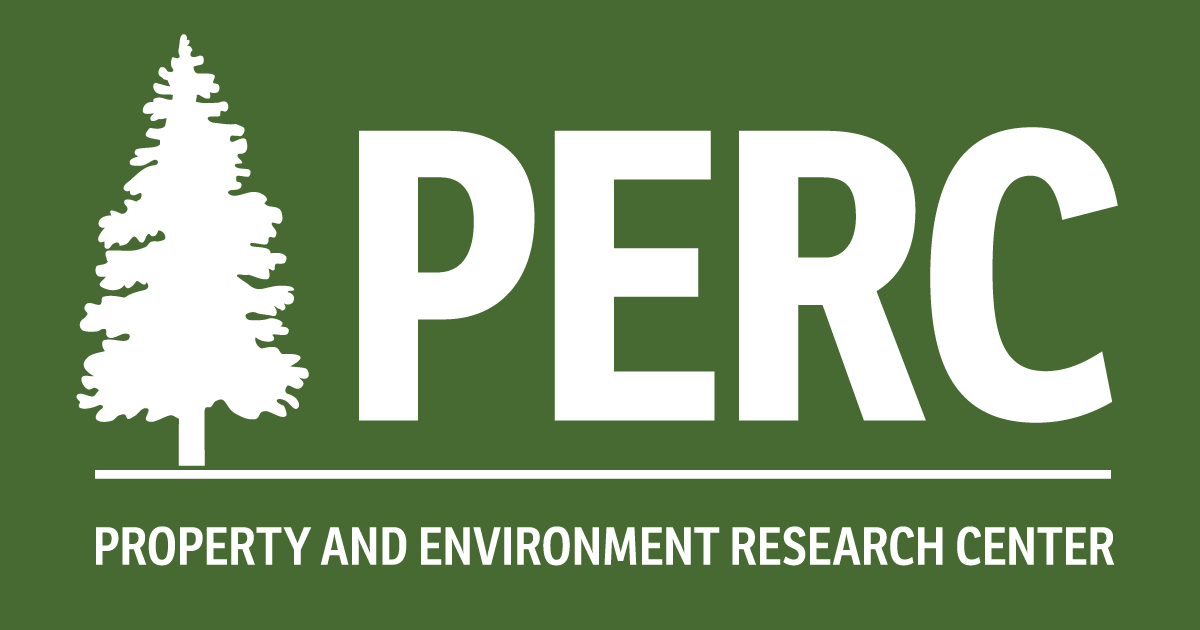
Opinions
PERC Reports offers optimism and encouragement to climate change doomsayers. PERC advocates free market solutions for environmental problems, finding solutions where others find only frustration. The current issue (Fall 2007) uncovers a reason for faith in capitalism, the system that PERC fellow Brian Yablonski argues has fostered the reemergence of the American bison through ranchingContinue reading "Opinions"
Read more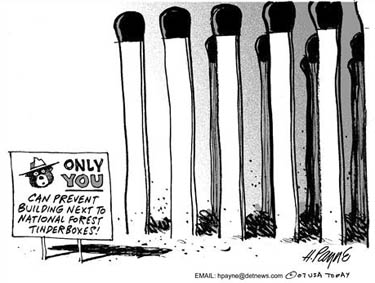
Impressions
Up in Smoke “A problem that the Forest Service created—excess fuels—prevents appropriate burning, and so the problem grows. It is one of the great paradoxes of fire suppression that the more effective we are at fire suppression, the more fuels accumulate and the more intense the next fire will be.” —USDA Forest ServiceContinue reading "Seeing Spots"
Read more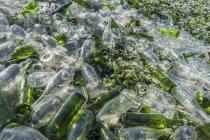
Montana Under Glass
All around Montana, broken beer and wine bottles are showing up on roads and walkways. Admittedly, these are not the sharp, jagged pieces normally associated with broken glass, but rather the pulverized variety giving the glass both the consistency and appearance of gravel with the added attraction of multicolors. A crusher turns the glass intoContinue reading "Seeing Spots"
Read more